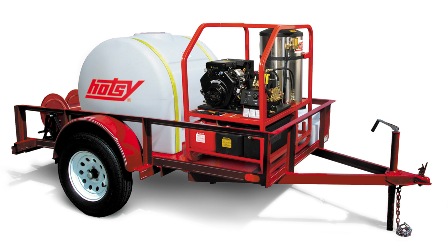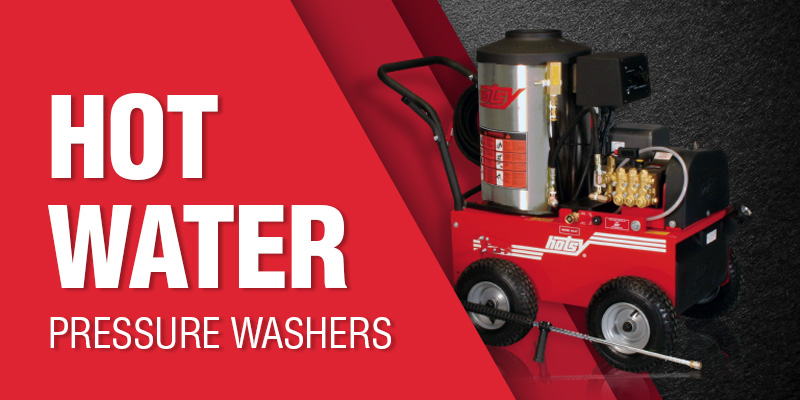Pressure washers have come quite a distance. During the last ten years, product quality has increased as prices have become less expensive. The cleaning ability of the pressure washer is excellent, removing mud, grime, and algae quickly, efficiently, and effectively. A pressure washer can greatly increase your ability to maintain and clean your premises and equipment presenting its increased value. If your time and effort are valuable, a pressure washer could be a good investment, but if you get the wrong machine, you’ll be frustrated and you simply could waste materials lots of time and money.
The goal of this buying guide is to help you understand what a pressure washer does and what you ought to look for when deciding to acquire one.
What sort of Pressure Washer Works
A pressure washer is truly a fairly simple piece of equipment. An electric motor or engine turns a pump, pushing water through an orifice (tip). Water accelerates as it undergoes the small gap, much just like a river flows faster in a narrow gorge, which fast-moving normal water is very helpful for blasting mud and grime. The math is fairly simple. Each time the pump transforms over, a particular volume of normal water is pressed through the end. The more water you press through the tip, a lot more pressure is developed, and for that reason more power is necessary. The bigger the pressure, the faster the water techniques, and the harder it visits the dirt, removing it from the top you want to completely clean.
What to Consider
The two most important considerations when buying a pressure washer are size, which determines how long it takes to get the job done or just how many jobs you can do per day; and life span, which determines how many hours of work you can do per dollar spent during the life of the device.
Understanding Ratings
Below are a few basic ratings:
HP (HP)
This is how much power the engine or motor produces. This score is important since it directly pertains to how much pressure and quantity the pump can produce.
Pounds Per Square Inch (PSI)
The pressure made with a pressure washer is measured in pounds per square inch or PSI. Pressure plays a part in the cleaning made.
Gallons Each And Every Minute (GPM)
Water volume produced by a hotsy pressure pressure washer is measured in gallons each and every minute or GPM. Quantity also plays a part in the cleaning power.

Cleaning Power Devices (CPU)
Cleaning Power Items quantifies a pressure washer’s cleaning ability. To find out CPU, multiply GPM x PSI. The higher the CPU, the higher the ability the device has for cleaning deeply and effectively.
Often individuals are so focused on the PSI rating of the machine, they don’t consider the CPU. For example, a pressure washer may have a rating of 2,800 PSI and 2 GPM, offering it a CPU of 5,600. Another pressure washer is scored for 2,400 PSI and 4 GPM. That’s a CPU score of 9,600. In this example the low PSI machine has more than 40% increased cleaning vitality than the bigger PSI machine. The effect is that the two 2,400 PSI machines can clean a location 40% faster than the 2 2,800 PSI machine.
Now think about this: A garden hose typically provides 6 GPM at 10 PSI giving it 60 CPUs. With a typical spray nozzle mounted on the hose, you can bypass 5 GPM at about 40 PSI generating 200 CPU. Most of us have observed the difference of how a lot more effective a straightforward squirt nozzle is at cleaning mud off surfaces. Seeking to clean your driveway with your hose aerosol nozzle making 200 CPU is rather inadequate. However, if we take a mid-range pressure washer scored at 2.0 GPM and 2,500 PSI (5,000 CPU), the CPU ranking represents an astounding 25 times increase over a typical garden hose spray nozzle.
A commercial pressure washer rated at 4 GPM and 4,000 PSI can be an incredible 16,000 CPU. It is not difficult to see the difference in inefficiency. However, this is all true within a range. When you have extremely high pressure and low volume, you can trim metallic or concrete (normal water jet cutter), if you have extremely high quantity and low pressure, you have a river. Neither of the would-be very best for cleaning your home or driveway.






